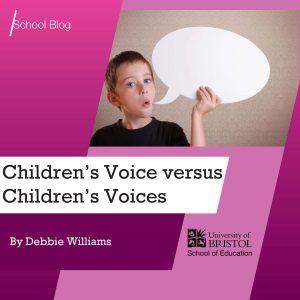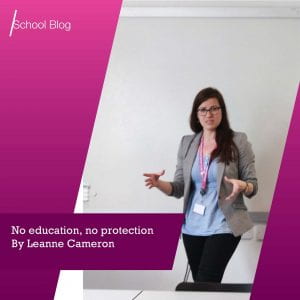By Helen Aberdeen, Director Education Policy and Research Service (EPRS) School of Education, University of Bristol
For many who work in education, the summer break provides a welcome breathing space to clear those little jobs which we have been meaning to do for ages. It also gives us some time to look back and reflect.
As Director of our Education Policy and Research Service (EPRS), I have had a busy year – in a good way. In addition to summarising 110 research and policy reports, we have developed a new EPRS toolkit based on the Core Content Framework for Initial Teacher Training – we will be officially launching the toolkit in September, hoping to persuade many ITT institutions of its usefulness. (more…)

 By Debbie Williams, School of Education, University of Bristol
By Debbie Williams, School of Education, University of Bristol